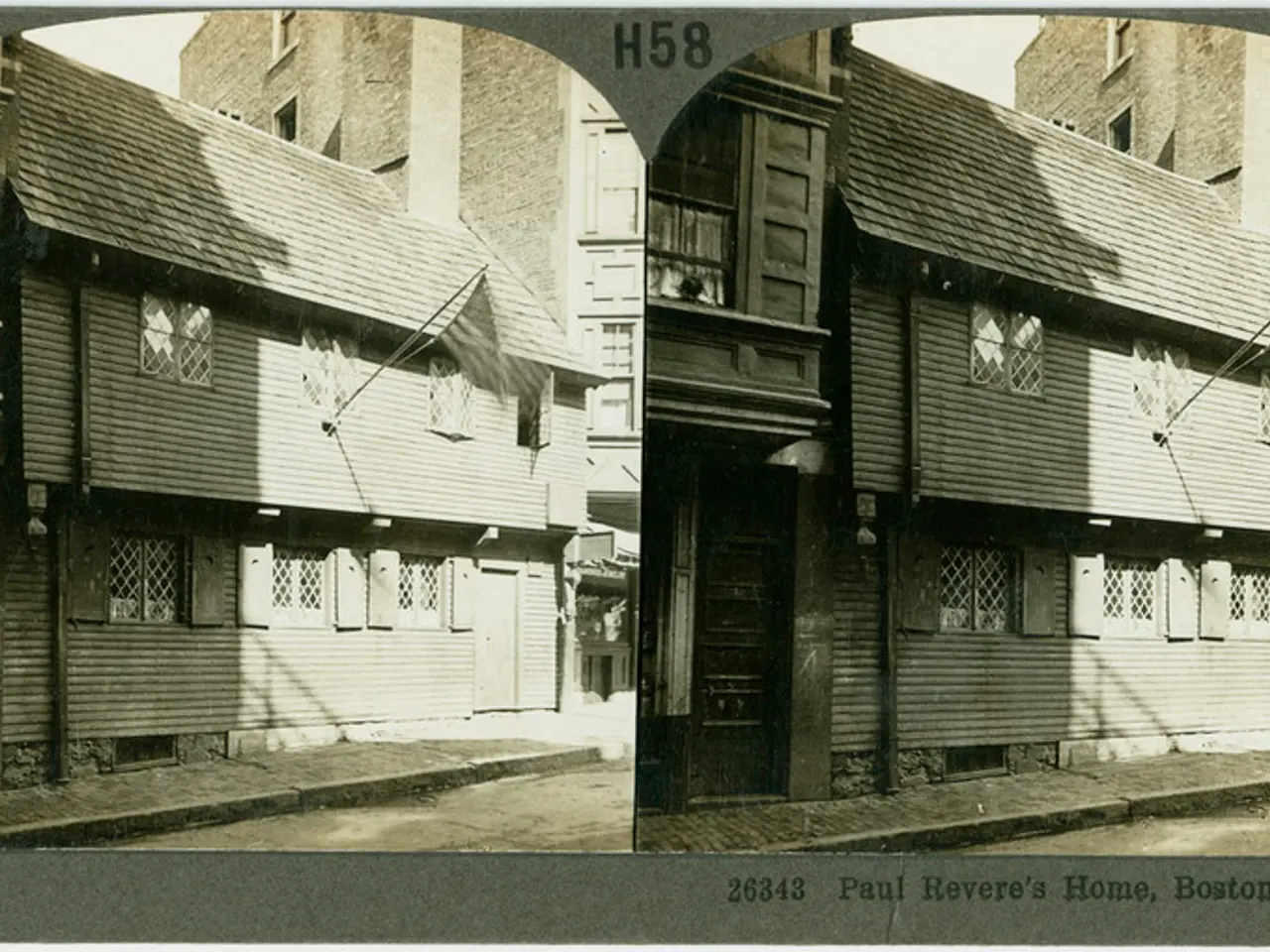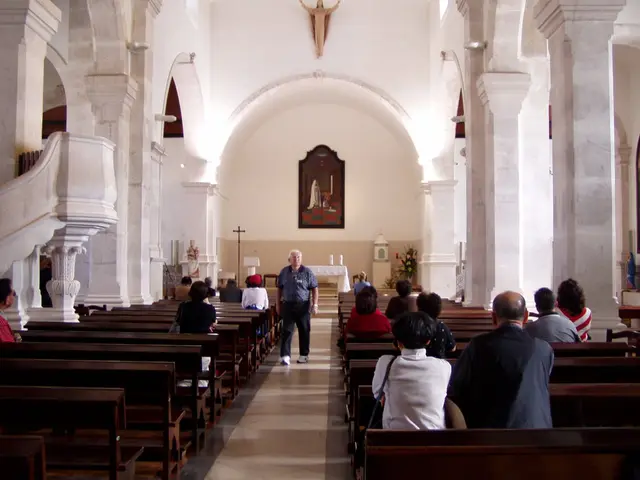Buildings at Penn have received LEED certifications, demonstrating their dedication to sustainability.
The University of Pennsylvania (Penn) is leading the way in sustainable building design, with several of its recent projects earning LEED certifications.
The Vagelos Laboratory for Energy Science and Technology (VLEST), a collaboration between the School of Arts & Sciences and the School of Engineering and Applied Science, has earned the prestigious LEED Platinum certification. VLEST, engineered by the international firm Knippers Helbig, boasts a distinctive, high-performance facade that utilizes solar geometric sunshades to reduce energy usage and maximize natural daylight.
Joining VLEST in achieving LEED Gold certification is Amy Gutmann Hall, Penn's hub for cross-disciplinary collaborations. This East Coast-sized mass timber structure, significantly more sustainable than concrete or steel, is a testament to Penn's commitment to green building practices.
The University Meeting and Guest House, completed in 2021, and the Gutmann College House, completed in 2022, have also been awarded LEED Gold certifications.
The Penn Medicine Pavilion, completed in 2021, and Wharton's Academic Research Building, completed in 2020, both received LEED Gold certifications as well. Notable sustainable features in these buildings include high-performance building envelopes, windows, and skylights, energy-efficient systems, and low-flow plumbing, which collectively cut energy use by nearly 20% and water usage by 33%.
The Ott Center for Track and Field, another LEED-certified project, received LEED Silver for both its indoor track and the building itself. During the construction of the Ott Center, 64 trees were planted on the site, in accordance with Penn's Ecological Landscape Stewardship Plan, supporting the City of Philadelphia's tree canopy goals. The Ott Center's construction also prioritized waste management, heat island reduction, and light pollution reduction.
The Penn GSE building expansion and renovation, completed in 2023, earned LEED Gold, bringing Penn's total number of LEED-certified projects to 55. These certifications align with Penn's Climate & Sustainability Action Plan 4.0 and building green initiative.
LEED (Leadership in Energy and Environmental Design) is awarded by the U.S. Green Building Council, recognized as the international benchmark for the design, construction, and operation of high-performance green buildings. These certifications underscore Penn's leadership in green building practices and its commitment to a sustainable future.








